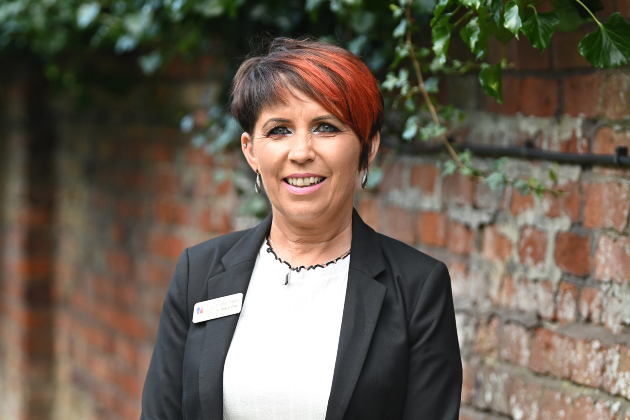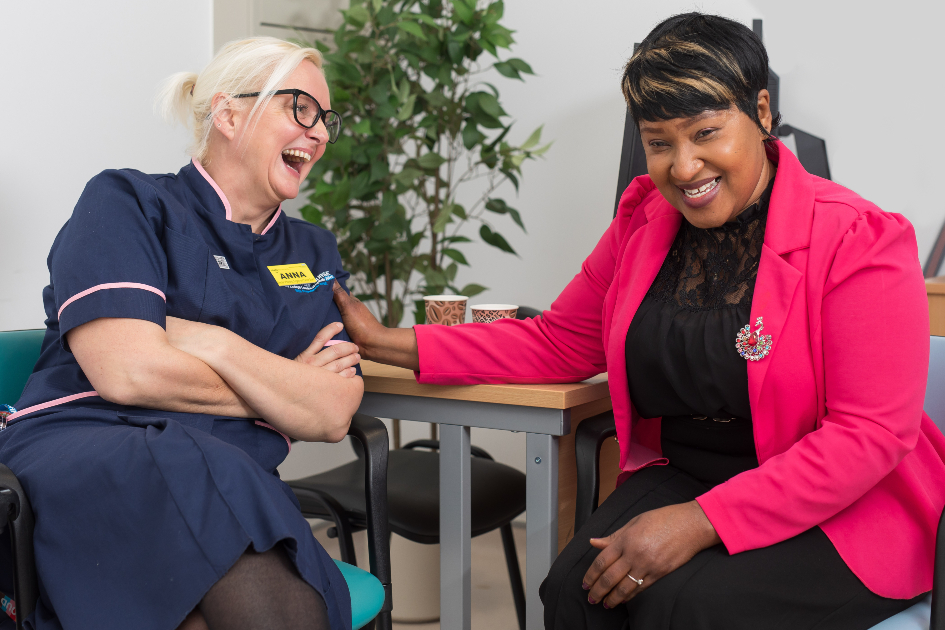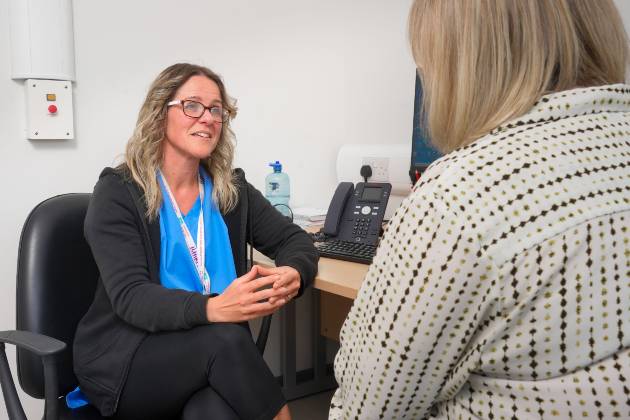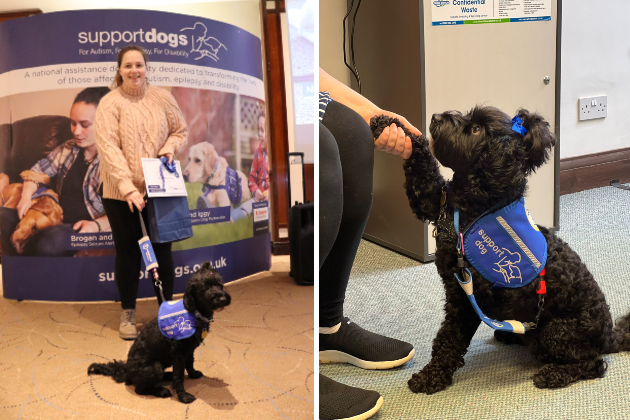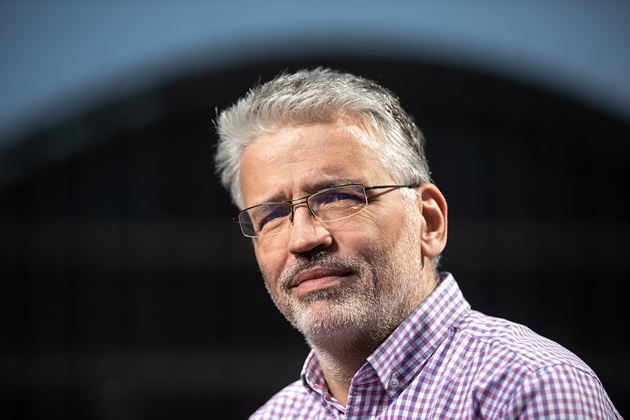Throughout the pandemic, nursing staff have adapted quickly to new ways of working, and RCN reps continue to work hard to ensure that members receive excellent support and representation.
Now they’re being celebrated in a new publication titled Facing COVID-19: RCN Reps Share Stories of the Pandemic. It features a collection of case studies from reps around the UK who have gone to extra lengths to take care of members, support their mental health and wellbeing, and use the pandemic as a learning opportunity.
RCN President Dr Denise Chaffer says: “You will find these stories powerful, moving and inspiring. We have only been able to include a few, but I know that each and every rep has their own story. I would encourage you all to reflect on your time during the pandemic and to remember that all those things you might dismiss as small or ‘just doing your role’ made a big difference.
“Thank you to all our RCN reps. May we learn from this collective experience and always remember that you were all there when it mattered most.”
Here are just three of the inspiring reps’ stories drawn from the publication.
Taking a seat
Fiona fought for community nursing staff to have disposable chair covers in their cars, helping to minimise cross-infection and protect their families. She explains more
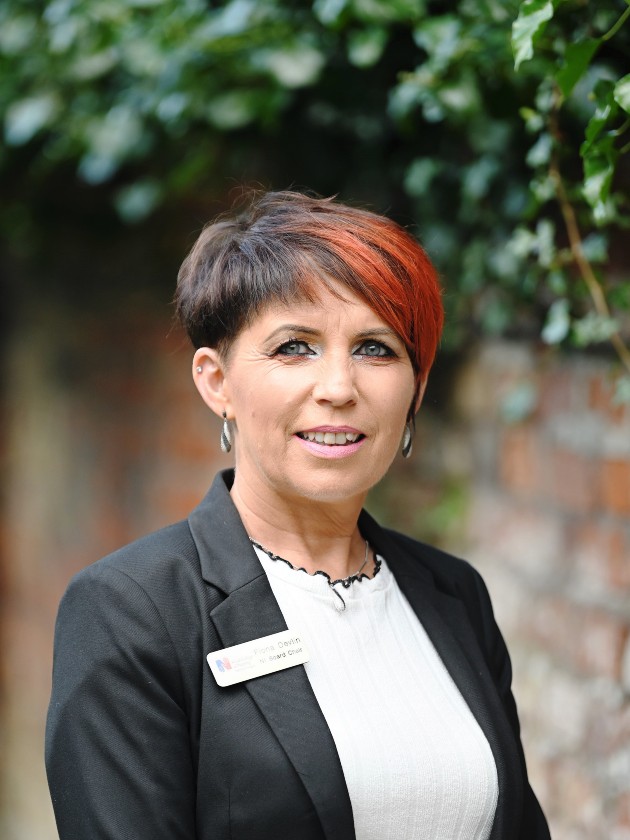
COVID has meant everyone changing how they work. We couldn’t carry on doing things in the ways we had before. A lot of the focus has been on the acute sector and not so much on the community, despite the fact that nursing staff are visiting patients’ homes and giving care much less than a metre away, often just wearing a flimsy apron and without goggles. PPE is a huge issue and staff have felt very vulnerable.
Many community staff also use their own vehicles for work – but of course when they’re not working, the same cars are used to transport family members, some of whom might be at a higher risk, perhaps with underlying conditions or older.
Last year, the nurses decided to start using disposable seat covers, as they felt they gave them a degree of protection. By stripping off these covers at the end of their working day, they could return home to their families feeling cleaner and less likely to transmit the virus. To me, it felt very important for both their mental health and their wellbeing that they had these covers.
It was a long hard battle to get them what they needed
They were buying them for themselves and after they put out a plea, some local businesses were donating them – but they shouldn’t have had to do this. In March 2020, I started asking for these to be provided by their employer. The cost was only about 28p each. But it was a long hard battle to get them what they needed. Every time I was at a meeting, I brought it up. I was determined. Eventually it was agreed just before Christmas.
It was a small measure but for them, it was a big issue, because they felt it kept their families safe. It was about listening to what they needed to be able to carry on working – and being their voice, because no one else was listening.
Fiona Devlin is the RCN Northern Ireland Board Chair and an RCN Council member
Letters to home
Jes sent letters to the families of his team members to thank them for their support during the pandemic. He tells us his story:

After such a difficult few months, I was looking for ideas to help improve morale, but in a different way that might be more memorable. As manager of a team working in theatre, I decided to send personal letters to their families, telling them how brilliant their mum, dad or partner had been throughout the pandemic.
The letters highlighted the love and support they had given our staff at home, helping them to get through such a challenging time, and telling them that we also thought of them as members of our NHS family too.
We told them the sacrifices they’d made at home meant that patients could be cared for by expert nurses and that it was important they carried on being kind, joking and smiling.
The letters highlighted the love and support they had given our staff at home
Everyone was thrilled and excited to receive it and I feel it made a big difference to my team.
For those staff who were redeployed to different areas and feeling understandably anxious, I devised an ‘I’m new’ badge, inspired by another trust’s initiative. It says, ‘I’m experienced in my speciality but I’m new to this area, so please be patient’. After I sent it to our chief nursing officer, it’s now been adopted for use trust-wide.
Jes Johnselvan is an RCN steward and staff side chair in the Eastern region
A stitch in time
Maggy rounded up support in the local community and co-ordinated efforts to make homemade scrubs for those who needed them. Here's her story:
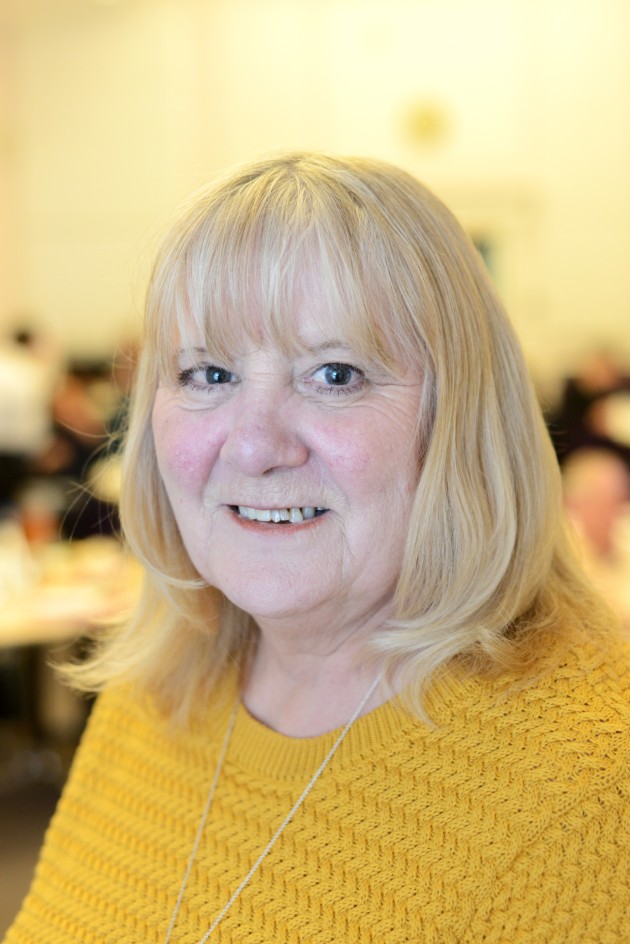
One of my hobbies is sewing. I started again about five years ago, joining a sewing group to help me relax and forget about other pressures.
At the start of the pandemic, a friend of mine contacted me to tell me about a nationwide campaign called For the Love of Scrubs. This is a collaboration of volunteers from all over the country who make sets of scrubs in all kinds of colourful fabrics, including repurposing items such as children’s old duvet covers.
Our trust had a desperate shortage of scrubs, and I used social media to ask if anyone was interested in helping out – and I had 180 replies. I asked the trust’s charity if they would be able to find money for materials and they agreed.
I co-ordinated our efforts, which was really hard work and quite stressful, but I feel very proud of what we achieved. I saw it as a way of helping to support our members and felt I was doing it for everyone in the trust. My main focus was trying to keep our nurses and their families safe.
It made them feel that the local population cared about nurses
In the end, our volunteers made 1,900 sets of scrubs and around 5,000 fabric masks that could be worn by the local community, helping to keep them safer. Staff loved the homemade scrubs and it made them feel that the local population cared about nurses, and what they were going through, a lot of which has been horrific.
We also made COVID companion hearts, so patients who were being treated for the virus in hospital, and who couldn’t have any visitors, had one heart, while their loved one had its matching half. Even if rules meant they couldn’t be in the same room, they could squeeze their heart and feel they were making a connection.
Maggy Heaton is an RCN steward and safety rep as well as Chair of the UK stewards committee


